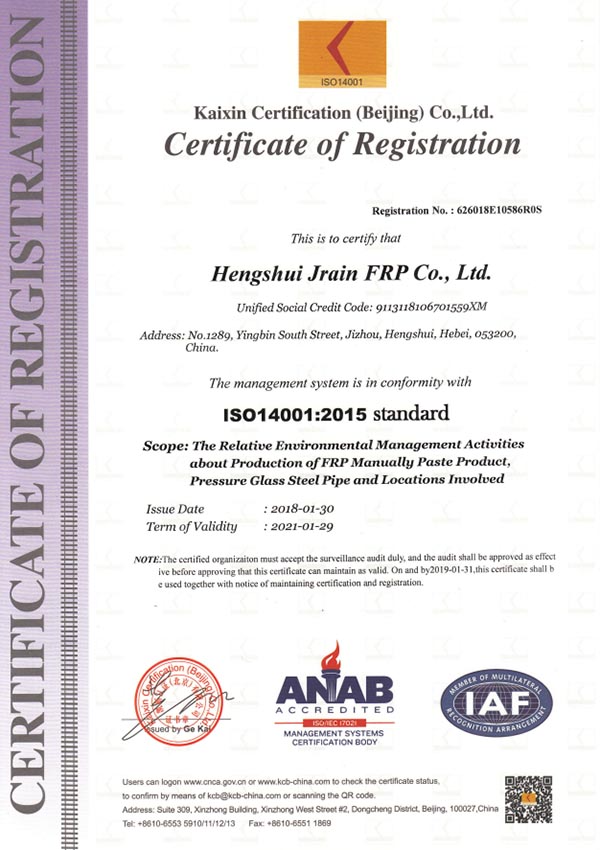
-
 Afrikaans
Afrikaans -
 Albanian
Albanian -
 Amharic
Amharic -
 Arabic
Arabic -
 Armenian
Armenian -
 Azerbaijani
Azerbaijani -
 Basque
Basque -
 Belarusian
Belarusian -
 Bengali
Bengali -
 Bosnian
Bosnian -
 Bulgarian
Bulgarian -
 Catalan
Catalan -
 Cebuano
Cebuano -
 China
China -
 China (Taiwan)
China (Taiwan) -
 Corsican
Corsican -
 Croatian
Croatian -
 Czech
Czech -
 Danish
Danish -
 Dutch
Dutch -
 English
English -
 Esperanto
Esperanto -
 Estonian
Estonian -
 Finnish
Finnish -
 French
French -
 Frisian
Frisian -
 Galician
Galician -
 Georgian
Georgian -
 German
German -
 Greek
Greek -
 Gujarati
Gujarati -
 Haitian Creole
Haitian Creole -
 hausa
hausa -
 hawaiian
hawaiian -
 Hebrew
Hebrew -
 Hindi
Hindi -
 Miao
Miao -
 Hungarian
Hungarian -
 Icelandic
Icelandic -
 igbo
igbo -
 Indonesian
Indonesian -
 irish
irish -
 Italian
Italian -
 Japanese
Japanese -
 Javanese
Javanese -
 Kannada
Kannada -
 kazakh
kazakh -
 Khmer
Khmer -
 Rwandese
Rwandese -
 Korean
Korean -
 Kurdish
Kurdish -
 Kyrgyz
Kyrgyz -
 Lao
Lao -
 Latin
Latin -
 Latvian
Latvian -
 Lithuanian
Lithuanian -
 Luxembourgish
Luxembourgish -
 Macedonian
Macedonian -
 Malgashi
Malgashi -
 Malay
Malay -
 Malayalam
Malayalam -
 Maltese
Maltese -
 Maori
Maori -
 Marathi
Marathi -
 Mongolian
Mongolian -
 Myanmar
Myanmar -
 Nepali
Nepali -
 Norwegian
Norwegian -
 Norwegian
Norwegian -
 Occitan
Occitan -
 Pashto
Pashto -
 Persian
Persian -
 Polish
Polish -
 Portuguese
Portuguese -
 Punjabi
Punjabi -
 Romanian
Romanian -
 Russian
Russian -
 Samoan
Samoan -
 Scottish Gaelic
Scottish Gaelic -
 Serbian
Serbian -
 Sesotho
Sesotho -
 Shona
Shona -
 Sindhi
Sindhi -
 Sinhala
Sinhala -
 Slovak
Slovak -
 Slovenian
Slovenian -
 Somali
Somali -
 Spanish
Spanish -
 Sundanese
Sundanese -
 Swahili
Swahili -
 Swedish
Swedish -
 Tagalog
Tagalog -
 Tajik
Tajik -
 Tamil
Tamil -
 Tatar
Tatar -
 Telugu
Telugu -
 Thai
Thai -
 Turkish
Turkish -
 Turkmen
Turkmen -
 Ukrainian
Ukrainian -
 Urdu
Urdu -
 Uighur
Uighur -
 Uzbek
Uzbek -
 Vietnamese
Vietnamese -
 Welsh
Welsh -
 Bantu
Bantu -
 Yiddish
Yiddish -
 Yoruba
Yoruba -
 Zulu
Zulu
Large Diameter Fiberglass Pipes for Enhanced Durability and Cost Efficiency
Large Diameter Fiberglass Pipe A Versatile Solution for Modern Infrastructure
In the realm of modern infrastructure, large diameter fiberglass pipes have emerged as a vital solution for various industrial applications. These pipes, crafted from high-quality fiberglass reinforced plastic (FRP), offer numerous advantages over traditional materials like steel and concrete. Their unique properties make them an excellent choice for transporting fluids, gases, and other materials in sectors such as water treatment, oil and gas, mining, and construction.
The Composition and Manufacturing Process
Large diameter fiberglass pipes are created through a sophisticated manufacturing process that involves the combination of fiberglass and resin. This process results in a lightweight yet strong material with exceptional durability. The production typically utilizes a winding process, where glass fibers are wound around a mandrel in a helical pattern, allowing for the creation of pipes with diameters ranging from a few inches to several feet.
The resin used in the manufacturing process plays a crucial role in determining the pipe's chemical resistance and overall strength. Common resins include isophthalic, vinyl ester, and epoxy, each offering distinct benefits tailored to specific applications. For instance, vinyl ester resins are renowned for their superior corrosion resistance, making them ideal for chemical handling systems.
Advantages of Large Diameter Fiberglass Pipes
1. Corrosion Resistance One of the most significant benefits of fiberglass pipes is their inherent resistance to corrosion. Unlike metal pipes, which can rust and deteriorate over time, fiberglass pipes maintain their integrity even when exposed to harsh chemicals and environmental conditions.
2. Lightweight The lightweight nature of fiberglass pipes allows for easier transportation and installation. This attribute not only reduces labor costs but also minimizes the need for heavy machinery during installation, making it an appealing choice for contractors.
3. High Strength-to-Weight Ratio Despite being lightweight, fiberglass pipes possess impressive tensile strength. The strength-to-weight ratio of fiberglass allows for thinner walls compared to traditional materials, which can lead to cost savings and reduced excavation needs.
large diameter fiberglass pipe

4. Flexibility Large diameter fiberglass pipes exhibit a degree of flexibility that is beneficial in areas with shifting soils or seismic activity. This flexibility helps prevent cracking or breaking, ensuring long-term performance.
5. Low Maintenance Due to their resistance to corrosion and other environmental factors, fiberglass pipes require minimal maintenance over their lifespan. This longevity translates into lower long-term costs for operators and reduces the frequency of system downtime.
6. Environmental Impact Fiberglass is considered an environmentally friendly option as it requires less energy during production compared to concrete and steel. Additionally, the longevity and low maintenance of fiberglass contribute to reduced waste over time.
Applications in Various Industries
The versatility of large diameter fiberglass pipes makes them suitable for a wide range of applications. In the water treatment industry, they are often used for transporting potable water and wastewater due to their corrosion resistance and safety credentials. In the oil and gas sector, fiberglass pipes are employed in pipelines to transport hydrocarbons, especially in corrosive environments.
Mining operations utilize fiberglass pipes for slurry transport, where durability and resistance to abrasives are crucial. Furthermore, construction companies often turn to fiberglass for drainage systems, stormwater management solutions, and other infrastructure projects where reliability is paramount.
Conclusion
Large diameter fiberglass pipes represent a critical advancement in materials technology for infrastructure development. Their unique blend of strength, durability, and resistance to environmental stressors make them an ideal choice for various industrial applications. As the global demand for efficient and sustainable infrastructure grows, the adoption of fiberglass pipes is likely to increase, paving the way for a more robust and resilient future in construction and industrial sectors. With continued advancements in manufacturing technologies and material sciences, the potential applications of large diameter fiberglass pipes will undoubtedly expand, solidifying their place as a cornerstone of modern engineering solutions.









